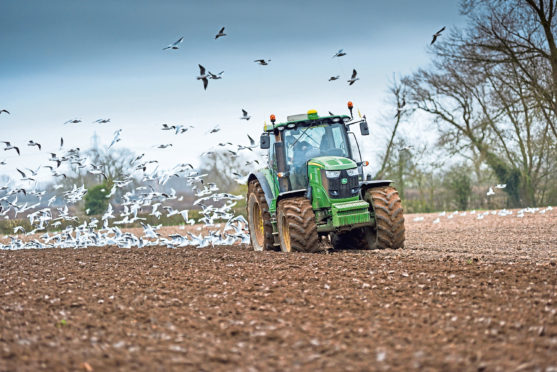Final Defra estimates confirm the 2020 UK wheat harvest to be the smallest since 1981.
And with low yields of other crops, this means 2020 is considered by some to be the poorest UK harvest since 1976.
For the last decade we have been talking about crop yields failing to respond to advances in plant breeding.
While extreme weather played its part in both 2020 and 1976, the take home message should be that advances in technology won’t make up for the loss in soil health resulting from the intensification across much of the UK’s arable areas of crop production over 40 years.
One key soil health indicator is soil organic matter – this contains 58% carbon and produces the humus which holds soils together and provides nutrient and water-holding capacity.
Some arable soils in the UK now have organic matter levels of less than 3%, probably half of what was there when they were first cultivated.
Despite this experience, some policymakers and influencers are pointing to further intensification as a solution to our problems – their logic being that producing more from less land can reduce carbon emissions while leaving the less productive uplands for rewilding measures.
I wouldn’t be the first to say this is flawed thinking on a number of levels.
While intensification of arable and livestock systems might reduce emissions associated with production, it takes no account of what will happen to the soil carbon nor the associated impact on biodiversity in productive areas.
For the uplands, rewilding in the absence of large herbivores and their predators might not produce a satisfactory outcome.
An alternative is to stick with a pattern of farming which has worked for centuries, with the uplands producing breeding stock for mixed lowland farms, while applying the lessons from regenerative agriculture to rebuild soil health, sequester carbon and improve biodiversity.
In Scotland regenerative farming is a new concept practiced by relatively few farmers so we don’t have our own body of robust evidence, but we can learn from other countries where it has become more mainstream practice.
Recent research has found the capacity for our soils to sequester carbon is much higher than previously thought and farmers across the world are showing how to do it by applying modern thinking to grazing management and cropping techniques.
- Christopher Nicholson is chairman of the Scottish Tenant Farmers’ Association.
